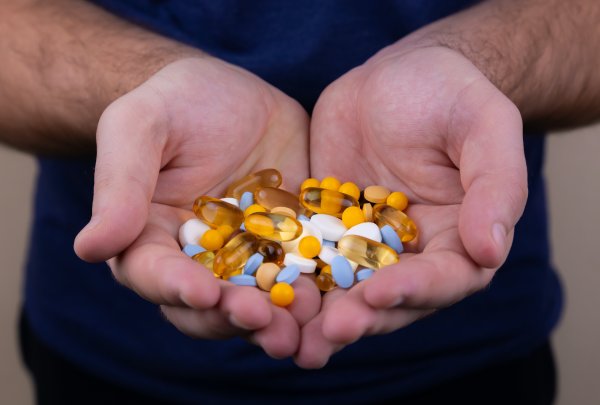Pilot study detects diverse DNA in ingredients of falsified tablets
A recent multidisciplinary pilot study, originating from LOMWRU and the Medicine Quality Research Group of IDDO and MORU, investigated whether bacterial, plant, fungal and animal DNA in the ingredients and from the environment (eDNA) could be detected from falsified (aka counterfeit) tablets.

Collaborating scientists at Flinders University and University of Adelaide, Australia, conducted massively parallel sequencing to compare eDNA signatures between falsified and genuine antimalarials collected in SE Asia. They found a much greater diversity of eDNA in the falsified tablets, with differences between the diverse falsified packaging types, and also traces of human DNA.
They coined the term ‘pharmabiome’ for the genetic signatures found in medicines and suggest that these techniques could be used to help trace the origins of falsified medicines.
This work is being expanded as part of the FORESFA Wellcome Collaborative Award to the Medicine Quality Research Group.
